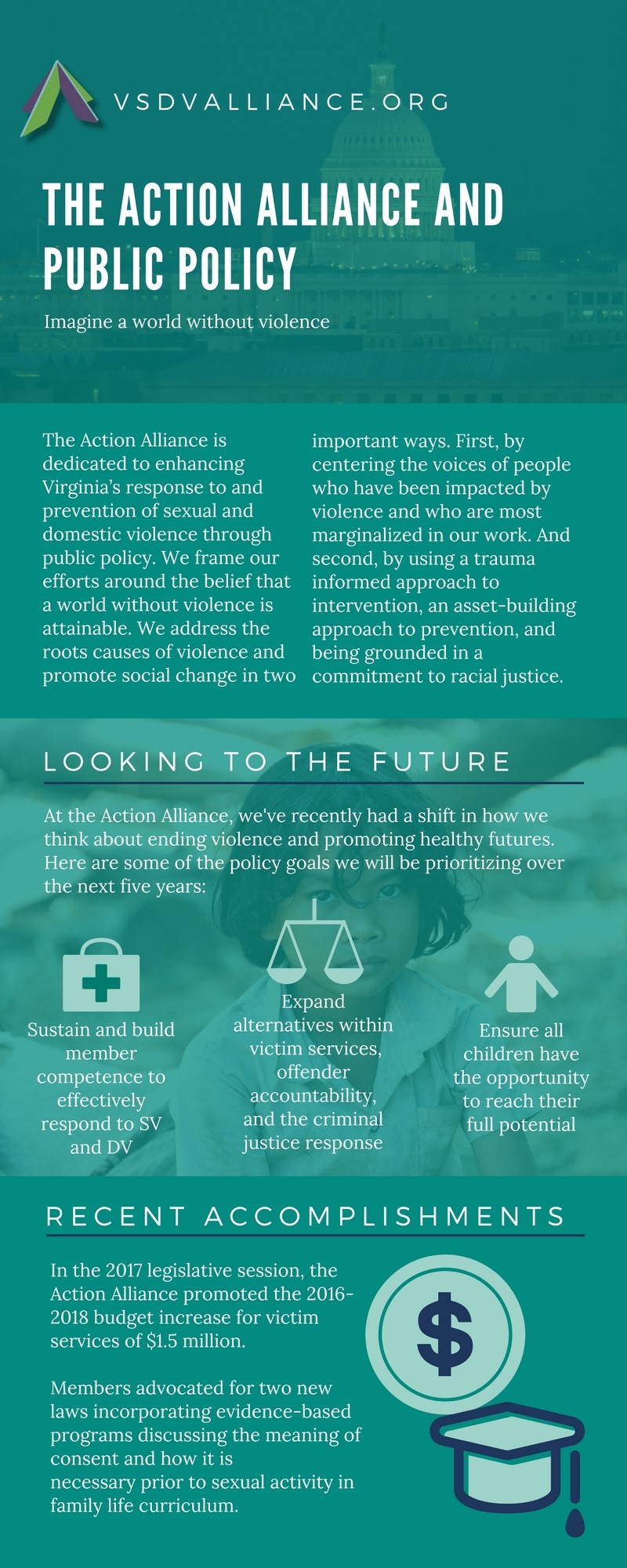Resources Library: Multidisciplinary
Start a Search:
Technology and Abuse in Later Life
Technology is an invaluable resource for older survivors. Individuals may use the Internet, for example, to find support and cope with issues of abuse in later life. Yet, abusers can misuse technology as a tactic of abuse, which can be dangerous and potentially lethal.
In December 2014, with help from Disability Rights Wisconsin, End Domestic Abuse Wisconsin and the Safety Net Project of the National Network to End Domestic Violence, NCALL released this toolkit for older adults with two goals in mind: to provide information about common technologies, including assistive technology, and to identify ways older adults can safeguard themselves from those who misuse technology to control, harass, stalk, and/or threaten them. The toolkit contains the following:
1. Tech 101: Frequently Used Terminology – a glossary of tech terms, many of which are referenced in the toolkit.
2. Tech Tips for Older Adults: Tech Safety – a general overview of computer, cell phone and Internet safety.
3. Tech Tips for Older Adults: Online Privacy & Safety – An overview of the importance of online privacy and strategies for maintaining privacy and safety online.
4. Technology and Abuse in Later Life – An overview of the ways abusers misuse technology within the context of abuse in later life.
5. Assistive Technology – An overview of assistive technology, including what it is, who uses it and resources for finding out more about assistive technology.
6. Examples of Assistive Technology – An overview of assistive technologies for individuals who are Deaf or hard-of-hearing, have speech disabilities, are blind or have low vision, or have physical, motor or communication disabilities.
7. Assistive Technology and Abuse in Later Life – A general overview of the ways abusers may misuse assistive technologies to cause harm.
8. Tech Resources – A list of selected resources related to technology and technology safety.
Technology Safety in Domestic Violence Programs
Safety is a primary concern for domestic violence shelters. New technology has created opportunities for safety to be compromised. However, technology also provides many ways for all of us to communicate and stay in contact with our family, friends, and others in our social network and has become part of our everyday lives. This document offers domestic violence advocates guidance on integrating discussions about technology into their safety planning with residents of the domestic violence shelter, as well as with survivors receiving non-residential services.
Technology Safety Planning with Survivors
Technology has a major impact on survivors of abuse. It can be used by a survivor to access help, to strategically maintain safety and privacy, and to remain connected to family and friends. It is often used to prove guilt and hold offenders accountable. Yet, technology, in its various forms, is also misused by abusers and perpetrators in crimes of domestic violence, sexual assault, stalking, and trafficking. The National Network to End Domestic Violence has developed Technology Safety Planning with Survivors to address how technology impacts the safety, privacy, accessibility, and civil rights of victims.
Ten Years and Counting: The Persistence of Lethal Domestic Violence in Virginia
Final Report on domestic violence fatality review with recommendations from The Fatal Domestic Violence Workgroup.
Published: December, 2010
This report is a product of Virginia Department of Health's Office of the Chief Medical Examiner's Domestic Violence Fatality Review Project. For more information, visit: http://www.vdh.state.va.us/medexam/dvfr/index.htm#Intro
The Action Alliance and Public Policy
The Action Alliance is dedicated to enhancing Virginia's response to and prevention of sexual and domestic violence through public policy. This infographic highlights a few of our public policy priorities for the next five years.


